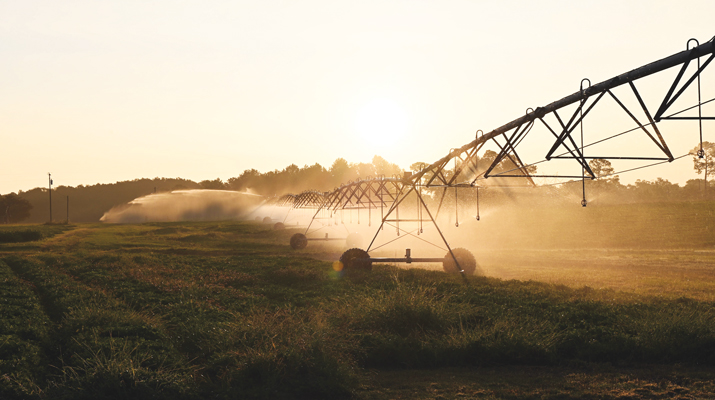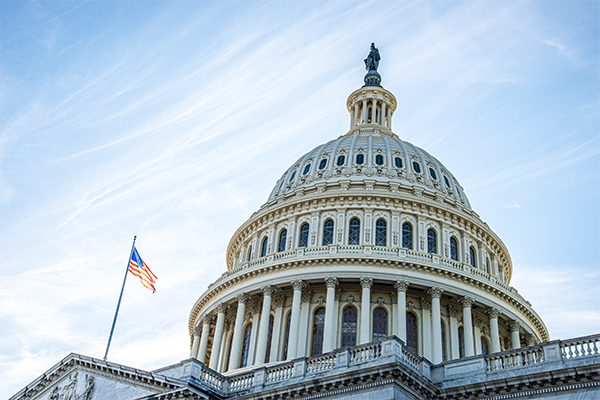More service, support for propane autogas fleets
A message to propane marketers who haven’t fully embraced autogas opportunities because they’re unsure about the strength and reliability of the vehicle service network: Help is here, and more is on the way.
Questions about service and support often accompany presentations or discussions related to new propane engines or growing gallons in the autogas sector. And rightfully so, because the industry has a history of breakdowns along the autogas vehicle service chain.
But just like the vastly improved technology powering over 60,000 autogas vehicles today, the service side of the autogas market is also undergoing positive changes. Leading that charge is a small group of companies specializing in autogas fuel systems and infrastructure, some state and regional propane associations, and the Propane Education & Research Council (PERC).
“I want you to know it’s recognized; it’s being worked on; there’s money, time and effort being invested in those solutions because we believe they are important,” says Pat Hyland, the former director of industry communications for PERC, who retired in September.
Hyland, also the former editor of LP Gas, spoke about his 27 years in the propane industry during the LP Gas Growth Summit in Orlando, Florida. A propane marketer at the Growth Summit who sees potential in autogas for his service territory cited a need for service technicians, especially in rural areas of the country, and asked Hyland about it.
“PERC has created professional training programs specific for the servicing of propane autogas vehicles,” Hyland answered.
Hyland says the curriculum is available to propane marketers at PERC’s Learning Center at propane.com. He also says PERC is sharing the curriculum with trade schools across the U.S. to help grow the autogas service network. Ultimately, propane marketers and fleets outside the industry will benefit from this latest push.
In fact, PERC has opened applications for the second year of its Propane Autogas Vehicle Inspection Grant Program. The program provides funding to automotive programs in technical schools and community colleges across the country that want to expand their alternative fuel programs. Approved grant recipients will receive $7,500 worth of grant funds, including an autogas-specific training aid.
Elena Bennett, senior manager of industry training and education at PERC, says this is the first step in introducing propane autogas to the future generations of service technicians.
State and regional propane associations such as the Southeast Propane Alliance (SEPA) are following suit and, like PERC, making autogas adoption a priority. Earlier this year, SEPA and the North Carolina Propane Education & Research Foundation approved an autogas rebate pilot program for North Carolina marketers. The program will provide 20 rebates of $2,500 each for marketers. Funds can go toward training and education so marketers can learn how to convert, repair and perform maintenance on autogas systems.
In addition, SEPA’s technical education center (SEPATEC) has partnered with RegO on developing a new training facility dedicated to testing and training new products related to propane and propane autogas.
“The propane industry must adopt autogas in our own fleets for its environmental and economic benefits,” says John Jessup, president and CEO of SEPA. “Autogas engines already meet the 2027 and 2030 emission standards, and we need to position ourselves to take advantage of this opportunity to grow our industry.”
Meanwhile, the industry’s autogas solutions providers continue to do their part to grow the market and strengthen service, technical support and system integration.
Roush CleanTech has more than 775 public and private service locations across North America and, year to date, has trained about 900 technicians. Similarly, Alliance AutoGas is proactive with training. It has 160 service and conversion centers across the U.S., adding more every month.
Says Ronny Martinez of Precise Alternative Fleet Solutions: “By strengthening the service network, we aim to help the autogas industry grow and improve on multiple levels.”
















